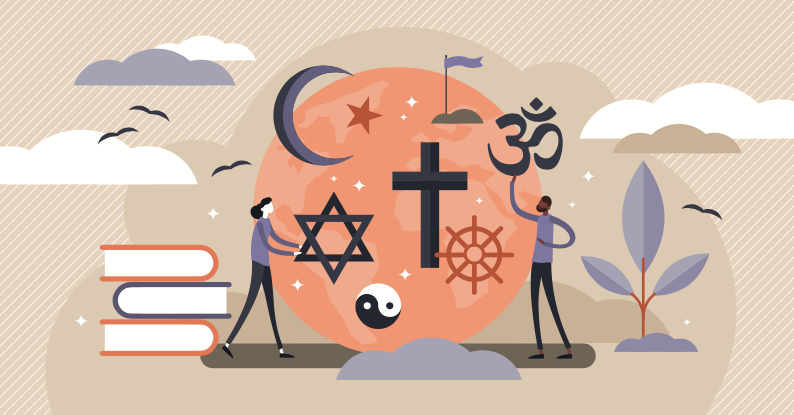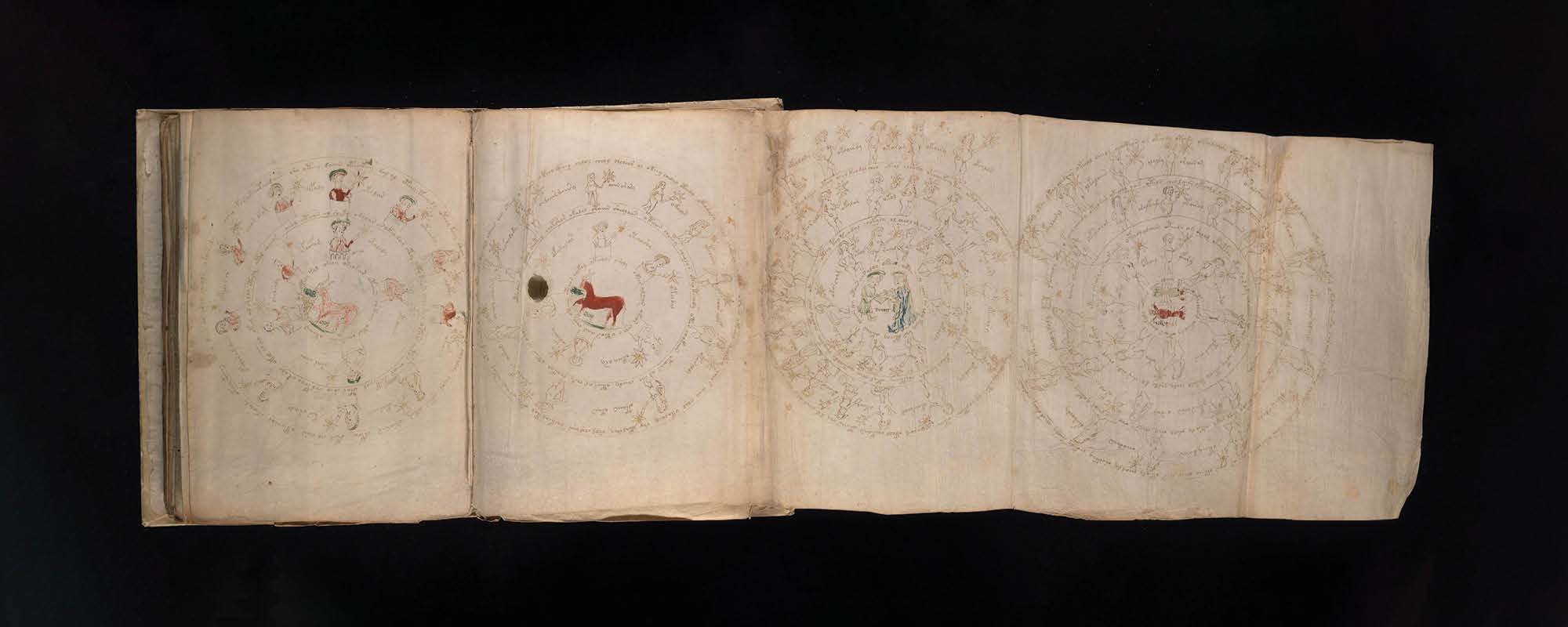Religion is meant to bring people together, but it can become a barrier. In schools, this
border transforms into bullying because of different faiths, skin colour, and even diets. All of
this needs to stop. As the world has become more and more globalized, it has become
increasingly important to understand each other’s cultures and religions.
One project is trying to do just that, bringing people of different faiths together to
understand each other more. The research team for Living Together: Towards
Understanding Each Other’s Culture is led by Prof. Adrian-Mario Gellel (Faculty of Education,
Faculty of Theology, University of Malta), with the assistance of Dr Zoi Arvanitidou, Julian
Galea, and Christine Rossi.
The aim of this two-year project has been to develop data as well as training and resources.
All of the findings can be found on their website (livingtogether.mt), including a great deal
of frequently asked questions, which provide essential information about the customs,
beliefs, and even religious etiquette of the various faith traditions currently found in Malta.
This project has highlighted the difficulties experienced by people of different religions
during their process of integrating in Malta, especially when it comes to education, social
care, and health care. By gathering information from relevant professionals and third
country nationals, the project aims to understand the needs and issues of different religious
communities.
The results should benefit those in medical, educational, and social fields, while helping
develop a stronger and more unified community. With a little understanding, we can reduce
the fear and hostility that exists.
As part of the project, Gellel’s team also created several short documentaries which provide
some insight on the different faith communities in Malta, such as Buddhism, Hinduism,
Islam, Judaism, Sikhism, and many more.
The whole project has been a long time coming, as Gellel shares how he actually came up
with the idea back in 2010 but was unable to find funding until recently. It was clear to him
even then that the population was changing with Malta having been an EU member for six
years. There wasn’t a huge influx of migrants yet, but it was already evident that the
religious composition was changing.
Gellel mentioned how, in order to strengthen our religious education in schools and expand
it, we must also do the same for our ethics. Ethics should have strong religious components,
but until it is taken seriously at schools and at home from a young age we are still far from
taking religious literacy seriously.
Living Together – Towards Understanding Each Other’s Culture is part-financed by the
Asylum, Migration and Integration Funds of the EU, and is conducted in collaboration with
the Inter-Religious Commission of the Catholic Church, as well as the Malta Ecumencial
Council, with the support of several local faith communities.





Comments are closed for this article!